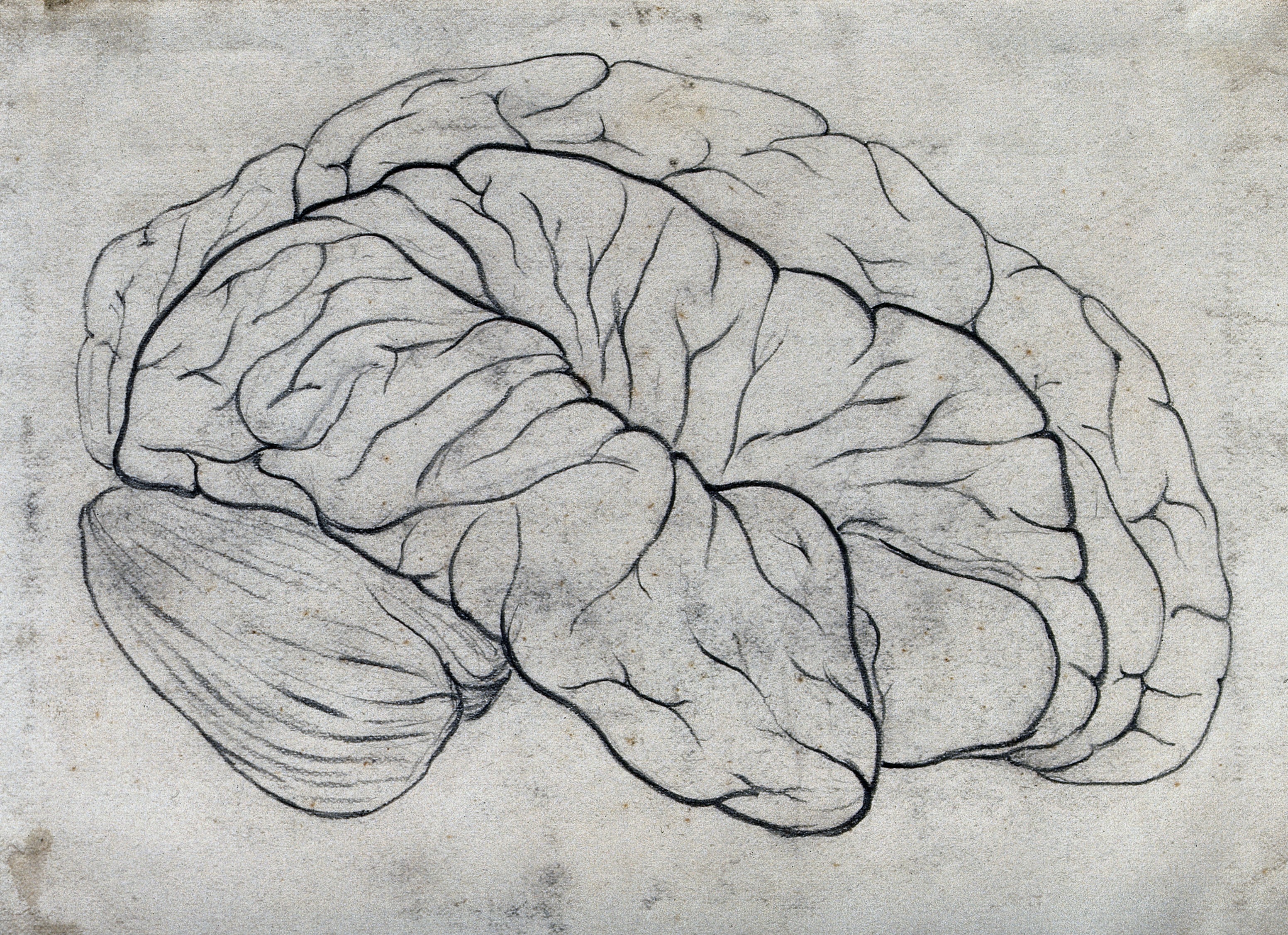It wasn’t on a meditation cushion where Zen Buddhist priest Edward Espe Brown learned this priceless lesson about how the mind works — it was in the kitchen.
While cooking at San Francisco Zen Center — before he wrote the now-classic The Tassajara Bread Book — he wasn’t happy with his biscuit recipe.
“Growing up I had made two kinds of biscuits. One was from Bisquik and the other from Pillsbury,” he writes.
“I really liked those Pillsbury biscuits. Isn’t that what biscuits should taste like? Mine weren’t coming out right … People who ate my biscuits would extol their virtues, eating one after another, but to me these perfectly good biscuits just weren’t right.”
One day, he thought, “not right” compared to what?
“I’d been trying to make canned Pillsbury biscuits! Then came an exquisite moment of actually tasting my biscuits without comparing them to some previously hidden standard. They were wheaty, flaky, buttery, sunny, earthy, real. They were incomparably alive — in fact, much more satisfying than any memory.”
What Brown experienced could be explained by the Japanese concept of shoshin, or “beginner’s mind.”
Buddhist monk Shunryu Suzuki — who happens to have founded the San Francisco Zen Center — explained it this way: “In the beginner’s mind there are many possibilities, but in the expert’s there are few.”
Brown had to let go of his expectations of what biscuits should taste like to really, truly taste his own.
We might rewrite Suzuki’s famous line to, “In the beginner’s [state of] mind there are many possibilities, but in the expert’s there are few.”
He didn’t mean that we shouldn’t gather skill, knowledge, and expertise. He was pointing out that the mind has a tendency to compare what’s happening to what could, should, or would be happening — and that this comparing holds us back.
Close your eyes. Take a few deep breathes. Feel your lungs expanding and the air entering your nose. Now, watch your thoughts — see where they go.
You’ll quickly notice that your mind wanders into the past or future almost immediately. It grabs a passing thought and you’re off, swept away into remembering, worrying, planning, etc.
If you zoom in close enough, you’ll see that what sweeps you away is that tendency to compare.
Judgments cause us to grasp on to certain thoughts, which turn into further judgments. I should be meditating better. I shouldn’t have said that to her. My back shouldn’t be hurting. I could be watching Game of Thrones.
As Shakespeare’s Hamlet said, “There is nothing either good or bad, but thinking makes it so.”
On the other hand, the beginner’s state of mind is judgment free. It’s open, curious, available, and present. It’s filled with sights, smells, tastes, sounds, and feelings — not thoughts about that sensory data.
Meditation allows us to rest in beginner’s mind. When we notice that we’re swept away, we let go of the thought and bring our attention back to our breath — over and over again.
This letting go creates a gap between what’s happening — our thoughts, sounds, sensations in the body — and our mind’s tendency to compare. It allows beginner’s mind — our natural mindfulness — to emerge to fill in the gap.
With a mindful state of mind, we can apply skills and knowledge as needed. We can do what needs to be done. We can adjust the biscuit recipe. We can have an honest conversation with our partner. We can work with a therapist to unpack our unconscious beliefs and patterns.
Yes, we’re expecting things to change, but we’re no longer resisting what is.
Of course, expertise is useful. We wouldn’t want the doctor performing our surgery to suddenly forget what she’s doing.
But we do want her to be mindful, to not be thinking she should be at home watching Netflix.
Ready to get serious about meditation?
Sign up for my weekly email on how to bring mindfulness to the stuff that matters most — work, relationships, and, especially, politics.
Listen to the podcast version
My podcast, Meditation for the Masses, is mindfulness for the 99 percent. Listen to it on Apple Podcasts, Google Play, and everywhere podcasts are available. Stream this episode below.
Podcast: Play in new window | Download
Subscribe: Apple Podcasts | RSS | More
